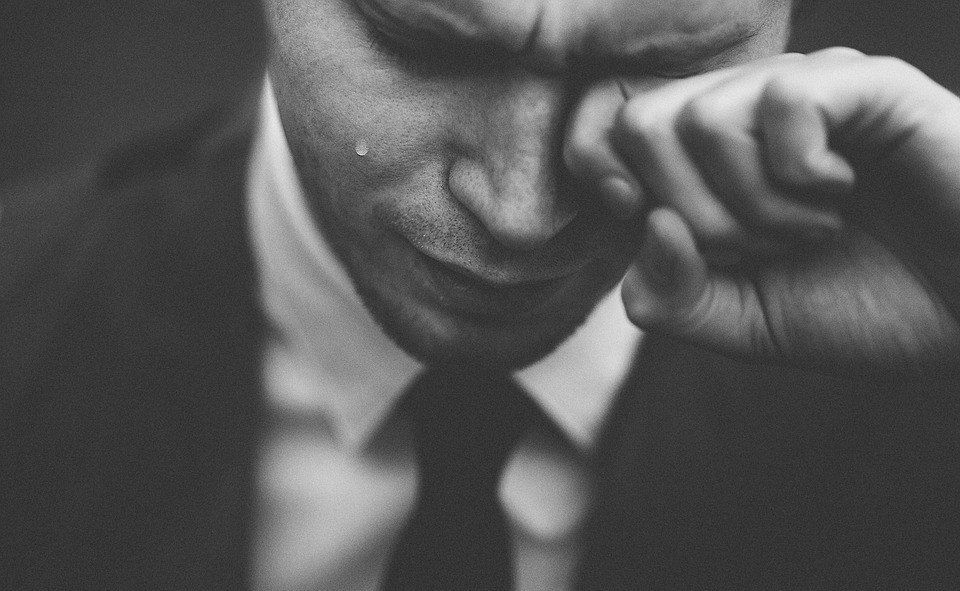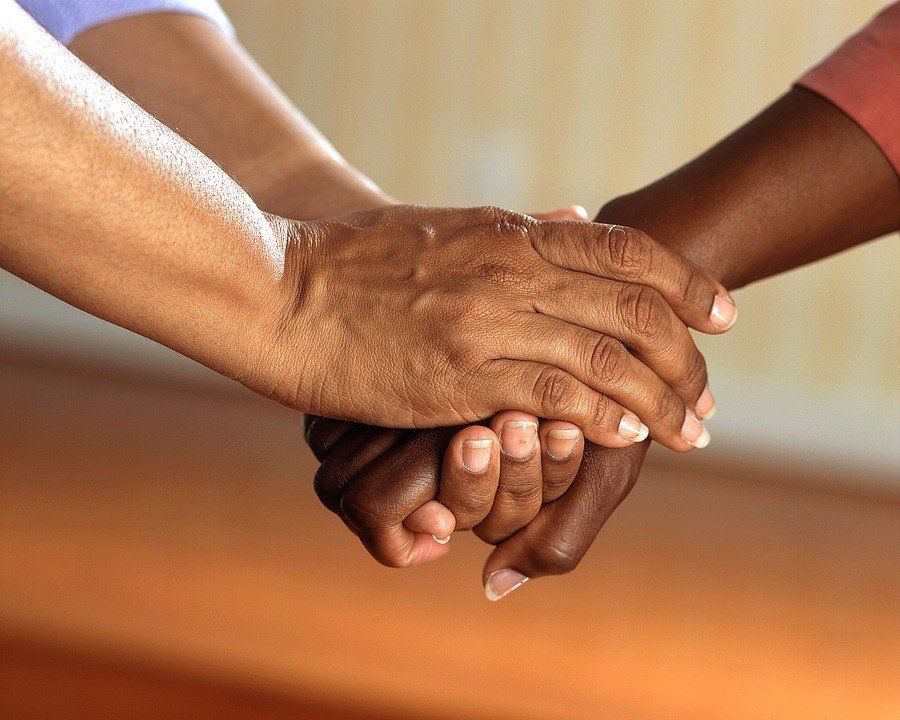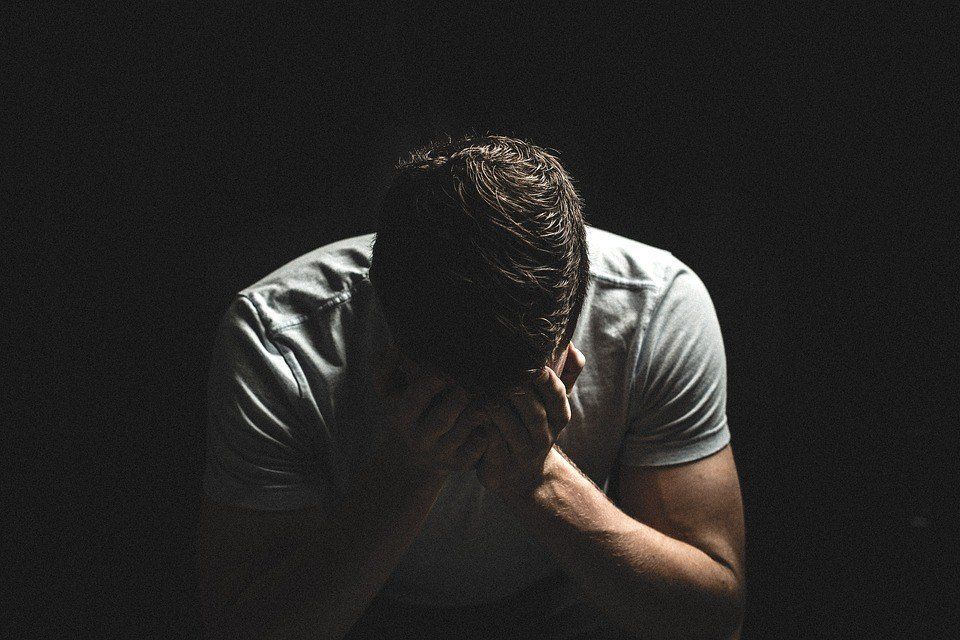Recognizing a Toxic Relationship for What It Is, and Having the Strength to Leave It
Toxic relationships can destroy your self-esteem and confidence if you stay in them long enough. Many people are in these types of relationships because, as therapist Kimberly Hershenson explains
, “We get comfortable with the status quo and just continue on the same path because change is hard. We engage in denial and go on because it's easier.” If you have found yourself in a toxic relationship, you should consider leaving and seeking counsel. Here are some warning signs that you should pay attention to.
1. You suffer from anxiety.
Anxiety is common in people who are in toxic relationships because they don't know what to expect next. Sometimes, anxiety happens as an internal alarm system that screams to the victim that something is terribly wrong. You may feel anxiety right before you get together with your partner, or you may experience it all the time, but it's a definite sign that you should evaluate your relationship dynamics.
2. You have more bad times than good times.
You may be in a toxic relationship if your bad times seem to outnumber your good times. Loving relationships should have long periods of stability and growth, with minimal or infrequent turbulence. A roller coaster relationship with unpredictable and sudden "ups and downs" or a relationship that is constantly “down” could be a sign that you need to cut ties with your partner.
3. Your interactions are always painful.
One of the biggest signs of fouled relations is frequent interactions that are emotionally painful. That means you end up getting hurt almost every time you have contact with your significant other. Love is not supposed to hurt all the time, and if it does, then maybe it's something else.
4. All of your friends think your partner is bad for you.
People in abusive relationships often have concerned friends or family members who can see the bad situation for what it is. If your loved ones are constantly telling you that they’re worried about you, and that your relationship is unhealthy, then you may need to accept it as such.
5. The relationship consumes you.
Abusive partners are usually very demanding and controlling. They will manipulate you emotionally in order to usurp all of your love. They will try to isolate you from your friends and family, because they want a monopoly over your attention. If your relationship is like that, you need to reinforce your boundaries and your autonomy. If your partner can’t accept that, then you may need to free yourself from their bonds.
6. He or she hits you.
Physical abuse such as slapping, pushing, hitting, kicking, biting, and strangling are obvious signs that you are in an unhealthy relationship. No one deserves to be handled or touched like that, and if you are, get out of that relationship as fast as possible. Seek help from friends or family and get counselling from professionals. Collect evidence of your abuse, and go to your local authorities for protection. Bradley Corbett, an experienced defender and prosecutor on domestic violence cases, recommends that you should collect evidence
such as “medical records and reports related to any physical injury that resulted from domestic violence; a list of witnesses that could be called upon during trial; and evidence of abuse, such as photographs of injury, audio or video recordings, and expert reports.” By collecting evidence, you will strengthen your case for a restraining order and for gaining custody of any children that you and your partner had together.
The best way to recover and avoid future abusive relationships is to get counseling, join support groups, and educate yourself on what causes these relationships to occur in the first place. The first step in healing is to recognize that there is a problem, and when you confront it, your healing process can begin. Looking back, you will not regret leaving a toxic relationship.








